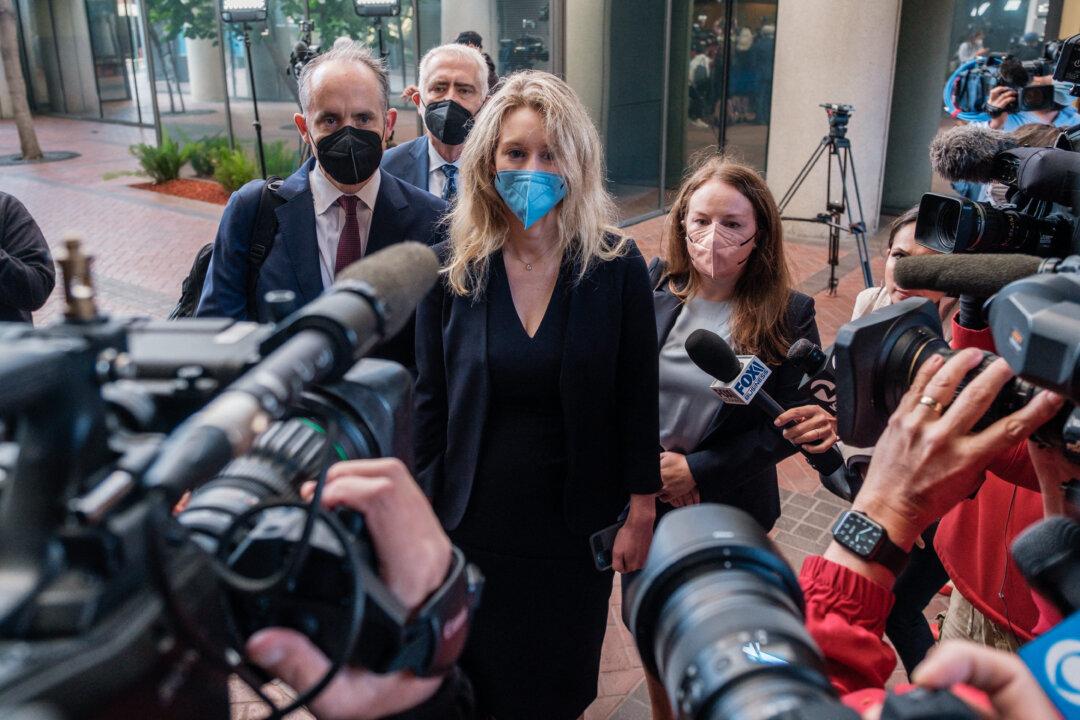Prosecutors and defense lawyers are scheduled to deliver their opening statements on Sept. 8 in the trial of Elizabeth Holmes, the founder of medical sciences company, Theranos Inc.
Holmes, who founded Theranos in 2003 at the age of 19, is facing counts of wire fraud and conspiracy to commit wire fraud relating to her blood-testing startup that was once valued at $9 billion.




